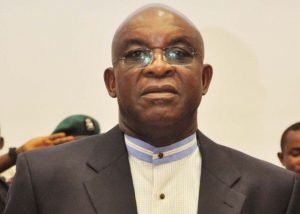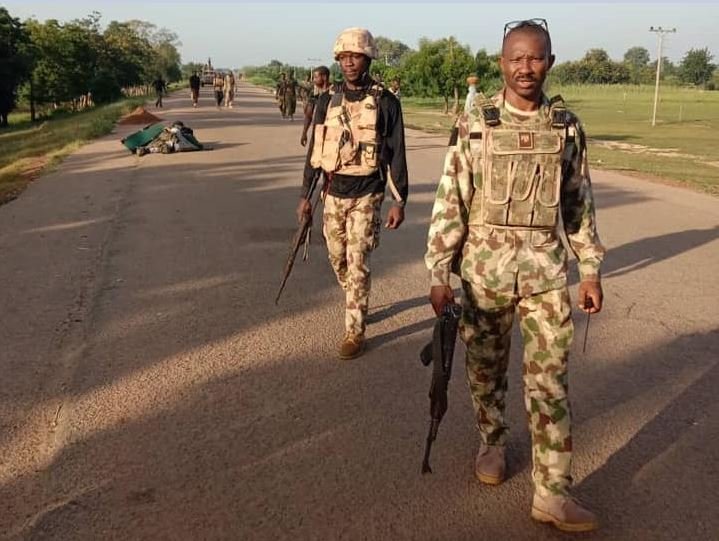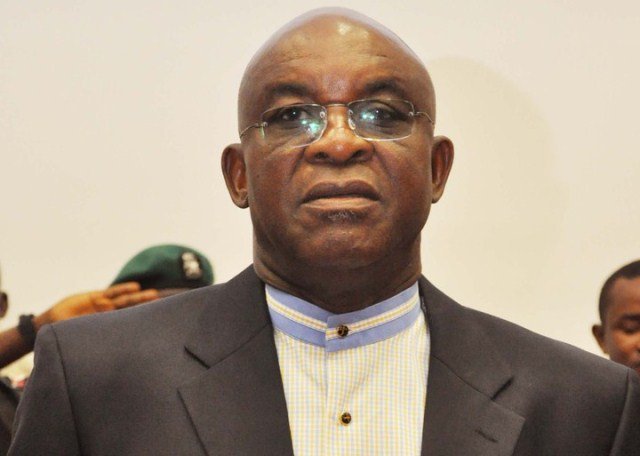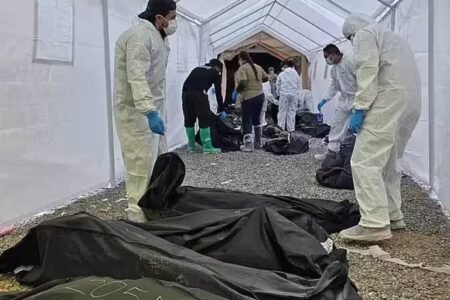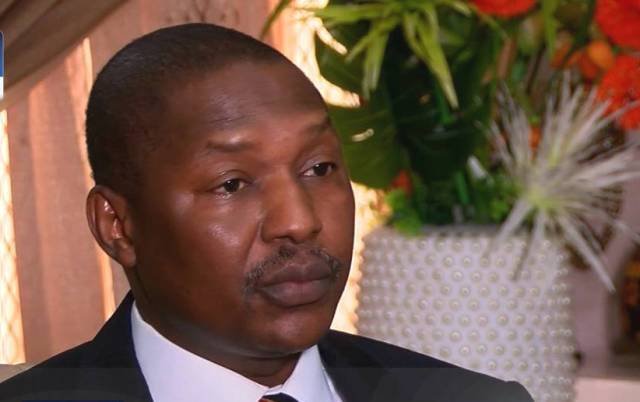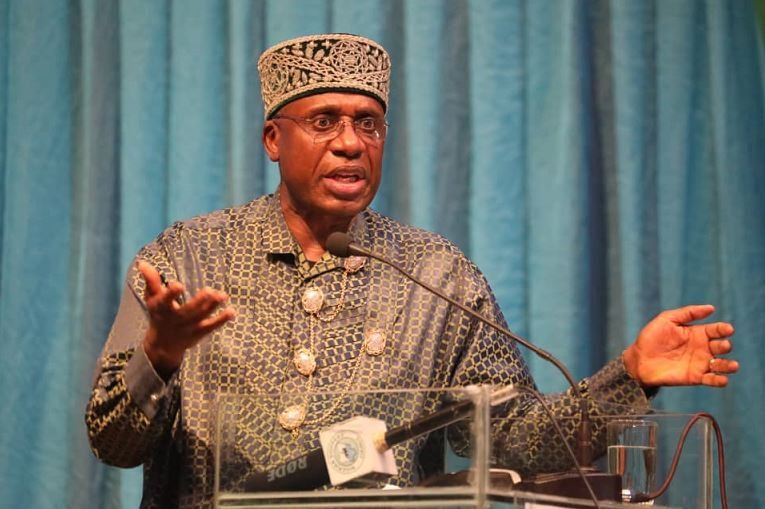According to the World Health Organization (WHO), Nigeria is still far from fulfilling the 2001 Abuja Declaration’s 15% target for strengthening the health system.
Dr Walter Mulombo, WHO Country Representative to Nigeria, said this at a press conference in Abuja.
According to media sources, African Union heads of state met in April 2001 and vowed to establish an aim of investing at least 15% of their yearly budget to improving the health sector.
“In Nigeria, where a proposed target of 15% of total government budget should go to health, we are still far from achieving the target,” he stated.
Mulombo, WHO Country Representative campaigned for additional financing for the health sector to fulfil the stated objective, claiming that it was underfunded in comparison to sectors such as defence and the army, among others.
According to him, health is a human right, not a luxury or a commodity, and the more politically sensible actions made now would benefit the country.
“We need to start talking about human rights violations because missing a vaccine is not acceptable for any child,” he added.
Mulombo, WHO Country Representative said that in certain locations where the charity gained access, 80 percent of the money went to tertiary hospitals.
According to him, primary healthcare is where 80 percent of the community’s population get their initial exposure to healthcare services.
“The spending is distorted.” That is the most significant difficulty that has resulted in everything we have seen.
“Lack of adequate budget to prepare responses to pandemics, for example, forces us to struggle in many places,” he said.
According Mulombo, WHO Country Representative, the biggest difficulty is the way health is portrayed as a political option, and sadly, many administrations have failed to live up to this ideal.
“Many countries continue to regard health as a luxury or a cost to the government, whereas it should have been regarded as an enabler of economic and socioeconomic development,” Mulombo, WHO Country Representative added.
He expressed concern about how nations dealt with social determinants of health, such as socioeconomic position, education, neighbourhood and physical environment, employment, social support networks, and access to health care.
Addressing socioeconomic determinants of health, he believes, is critical for improving health and decreasing long-standing gaps in health and healthcare.
Mulombo, WHO Country Representative lobbied for more dialysis machines and more costly equipment to address noncommunicable illnesses, citing them as one of the organisation’s concerns.
He said that the organisation also had demographic transition issues since the facilities utilised during the colonial era remained the same throughout Africa, however it is probable that Nigeria faced the same scenario.
“The country is not expending in the space of demographic transition, and given the rate of population growth, Nigeria is projected to have more than 400 million people by 2040, 2050,” he stated.
Mulombo, WHO Country Representative said that there is also the issue of how the county prepares for large pandemic breakouts.
He said that the COVID-19 outbreak was unexpected and created chaos in several countries.
“The health body is still expecting and preparing for a flu pandemic.”
“When the COVID-19 pandemic hit the world, no country was prepared, not even the United States or the United Kingdom, despite the fact that we have International Health Regulations and a Global Health Security Agenda.”
“One challenge was the way we prepared, and another was that the demographic transition and the prominence of disease civilisation, Non communicable diseases, our health facilities are not prepared to face these challenges,” he stated.
The International Health Regulations (IHR) 2005 are a legally binding agreement signed by 196 nations to develop the capacity to recognise and report possible public health crises throughout the globe.
All nations must be able to identify, analyze, report, and react to public health incidents.
The Global Health Security Agenda (GHSA) is a worldwide initiative to improve the world’s capacity to prevent, identify, and react to infectious disease threats.
According to Mulombo, WHO Country Representative, the community must take a part in recognising their needs and offering services to solve the difficulties.
According to media accounts, the United Nations designated April 7 as World Health Day each year, and 2023 also celebrated the organisation’s 75th anniversary.

